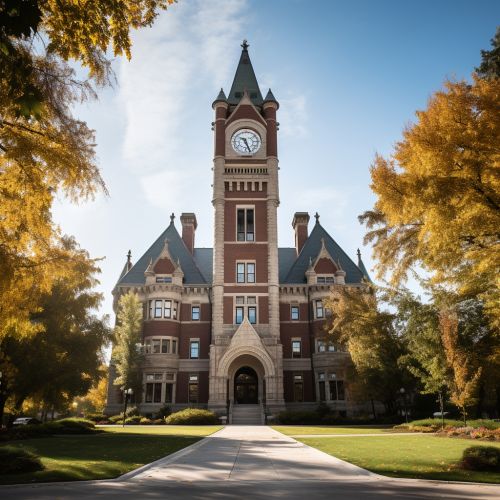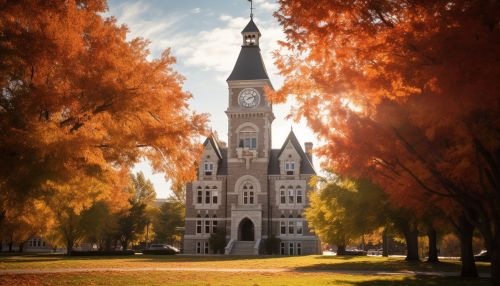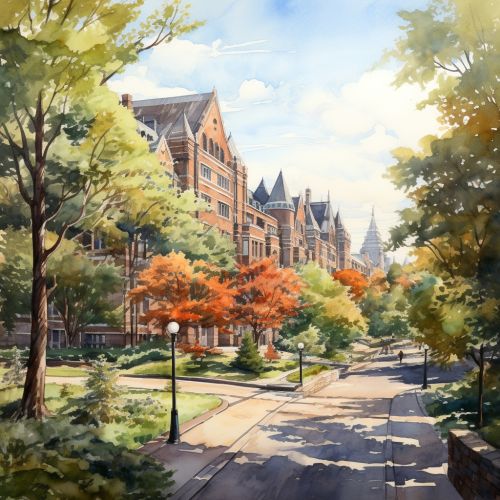University of Göttingen
History
The University of Göttingen was founded in 1734 by King George II of Great Britain, who was also the Elector of Hanover. The university was conceived as a modern, Enlightenment-era institution, with a focus on providing a broad and comprehensive education. The university quickly gained a reputation for its commitment to academic freedom and its focus on research, which set it apart from other German universities at the time.


In the 19th century, the University of Göttingen became a hub for the natural sciences. It was during this time that the university became associated with some of the most significant figures in the history of science, including Carl Friedrich Gauss, Bernhard Riemann, and David Hilbert. The university also played a crucial role in the development of the field of mathematics, with the Göttingen school of mathematics becoming internationally renowned.
In the 20th century, the university continued to be a leading center for research in the sciences, but also expanded its focus to include the humanities and social sciences. Today, the University of Göttingen is one of Germany's most prestigious universities and is consistently ranked among the top universities in the world.
Academics
The University of Göttingen offers a wide range of academic programs, with more than 100 fields of study available. The university is particularly renowned for its programs in the natural sciences, mathematics, and humanities. It also offers strong programs in the social sciences, law, and theology.
The university's academic structure is divided into 13 faculties, which include the Faculty of Law, the Faculty of Theology, the Faculty of Humanities, the Faculty of Social Sciences, and the Faculty of Mathematics and Computer Science, among others. Each faculty is responsible for its own degree programs and research activities.
The University of Göttingen is also home to numerous research centers and institutes, which contribute to the university's strong research profile. These include the Göttingen Center for Molecular Biosciences, the Max Planck Institute for Solar System Research, and the Göttingen Institute for Advanced Study in the Humanities and Social Sciences.
Campus
The University of Göttingen's main campus is located in the city of Göttingen, in the state of Lower Saxony, Germany. The campus is home to a variety of facilities, including lecture halls, laboratories, libraries, and student residences.


The university's library, the Göttingen State and University Library, is one of the largest and most important academic libraries in Germany. It houses a vast collection of books, periodicals, and electronic resources, and also provides a range of services to support research and learning.
The university also has a number of notable architectural features, including the historic Auditorium Maximum (Great Hall) and the Paulinerkirche, a former church that now serves as a university building.
Student Life
The University of Göttingen has a vibrant student life, with a wide range of clubs, societies, and events. The university's student union, known as the AStA (Allgemeiner Studierendenausschuss), represents the interests of students and organizes various activities and services.
The university also has a strong tradition of student activism, with students playing a significant role in various social and political movements throughout the university's history.
In addition to its academic offerings, the university also provides a range of support services for students, including counseling services, career advice, and support for international students.
Notable Alumni
The University of Göttingen has produced numerous notable alumni throughout its history. These include several Nobel laureates, such as Max Planck, Werner Heisenberg, and Richard Feynman, who made significant contributions to the fields of physics and chemistry.
Other notable alumni include philosopher Georg Wilhelm Friedrich Hegel, mathematician Carl Friedrich Gauss, and writer Heinrich Heine.
